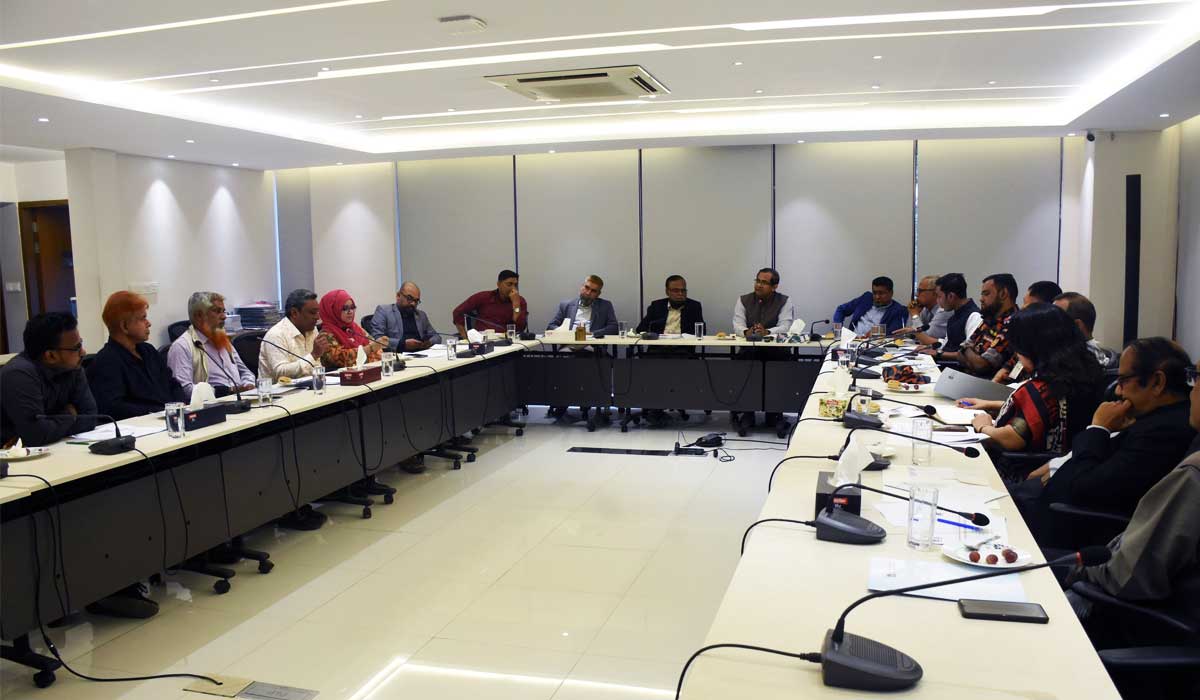
The urgent need for comprehensive safety training programmes for workers is one of the key recommendations from a recent study on the tannery sector in Savar BSCIC Tannery Estate. The research revealed a significant lack of awareness around safety protocols, particularly concerning the handling of hazardous chemicals and the safe operation of machinery.
Many workers were found to be using inadequate or no Personal Protective Equipment (PPE), which heightened the risks of chemical burns, respiratory issues, and physical injuries. The study emphasised that regular and thorough safety training is essential for mitigating these dangers.
By educating workers on proper safety measures, providing them with the necessary PPE, and ensuring ongoing refresher courses, tannery owners can drastically reduce the occurrence of workplace accidents. Such initiatives not only safeguard workers but also enhance productivity by reducing downtime from injuries.
These insights and recommendations emerged during a discussion session titled Industrial Safety at the Tannery Sector: A Study on Savar BSCIC Tannery Estate, organised by the Centre for Policy Dialogue (CPD) in partnership with Friedrich-Ebert-Stiftung (FES) Bangladesh, on Tuesday, 26 November 2024 at the CPD premises.
The session brought together government officials, tannery owners, association members, workers and worker leaders, development partners, public monitoring agencies and workers to discuss the pressing issues of safety in the tannery sector and explore solutions that could improve both worker welfare and the overall efficiency of the industry.
Dr Khondaker Golam Moazzem, Research Director, CPD, moderated the session and highlighted that Bangladesh’s leather sector faces challenges in realising its full export potential, despite having abundant resources and favorable conditions. While the global leather goods market is projected to reach $624 billion by 2028, Bangladesh’s leather exports declined by 1.74 per cent in FY2023, totaling $1.2 billion.
In his introductory remarks, Mr Iqbal Hossain, Programme Advisor at FES, stated that the tanneries in Hazaribag have caused severe health issues for both workers and nearby residents due to unsafe and congested operational conditions.
In his keynote presentation, Mr Tamim Ahmed, Senior Research Associate, CPD, mentioned that one of the most pressing recommendations from the study is the establishment of mandatory safety training for all workers. This training should cover a range of topics, including the safe handling of chemicals, proper machinery usage, emergency response protocols, and the importance of PPE.
He emphasised that in addition to theoretical knowledge, the programme should incorporate practical exercises to ensure workers can apply the safety principles in real-life scenarios. To ensure the effectiveness of these programmes, regular assessments and refresher courses should be implemented. Monitoring the implementation of safety training will help ensure compliance and allow for continuous improvement in safety practices across the sector.
Beyond safety training, he also highlighted the importance of strengthening regulatory oversight, improving waste management systems, and transitioning to safer, more automated machinery. While these initiatives are vital for long-term improvements, investing in worker safety training is the most immediate and impactful step toward reducing workplace hazards and ensuring a safer working environment for all employees in the tannery sector.



